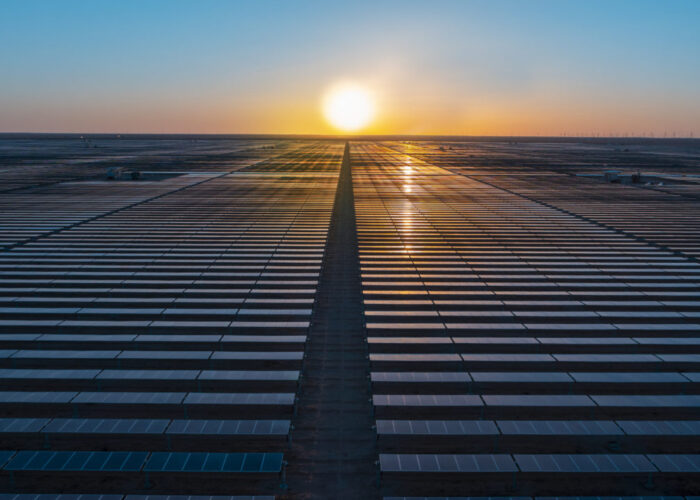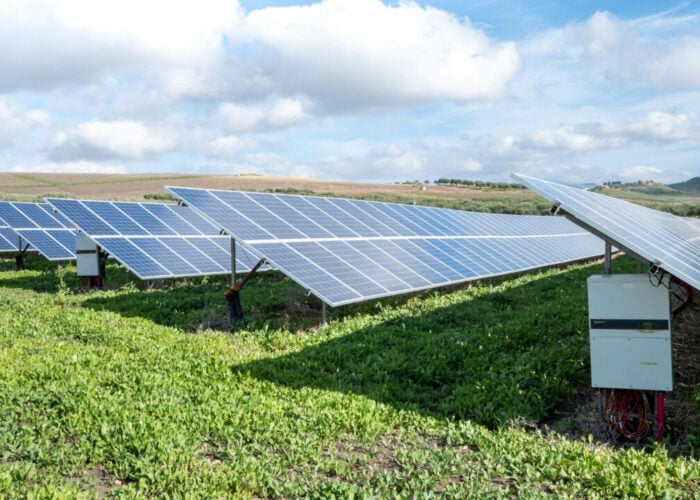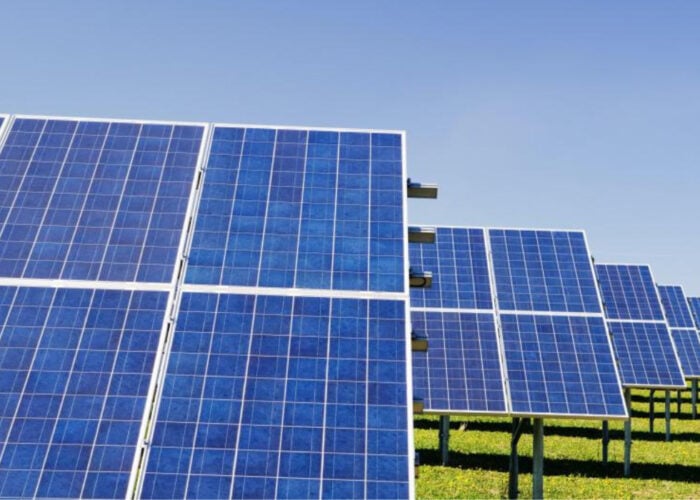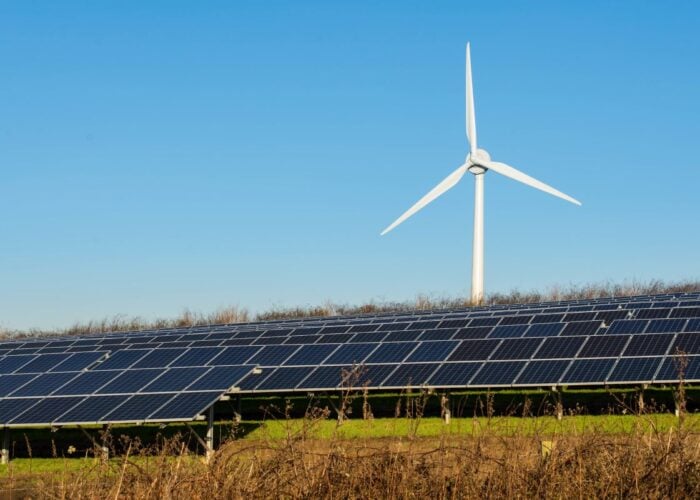Renewable energy developer NextEra Energy is set to merge with Hawaii’s main electricity provider, Hawaiian Electric Industries, in a deal worth around US$4.3 billion, it was announced yesterday.
Hawaiian Electric Industries serves 95% of the US island state’s population, through its subsidiaries Hawaiian Electric Company, Maui Electric and Hawaii Electric Light. Its shareholders will receive 0.2413 NextEra Energy shares per Hawaiian Electric share, as well as a US$0.50 cash dividend per share, under the terms of the deal.
Unlock unlimited access for 12 whole months of distinctive global analysis
Photovoltaics International is now included.
- Regular insight and analysis of the industry’s biggest developments
- In-depth interviews with the industry’s leading figures
- Unlimited digital access to the PV Tech Power journal catalogue
- Unlimited digital access to the Photovoltaics International journal catalogue
- Access to more than 1,000 technical papers
- Discounts on Solar Media’s portfolio of events, in-person and virtual
James Robo, NextEra chairman and CEO told Bloomberg the company would use Hawaii as a test bed to educate the company about the anticipated transition of the electricity market towards renewables.
The total the US$4.3 billion value of the deal includes the assumption of US$1.7 billion of Hawaiian Electric Industries’ debt, while HEI’s banking subsidiary American Savings Bank will be spun off to HEI shareholders. According to a statement announcing the deal, excluding assumed debt and the value of American Savings Bank, HEI shareholders will benefit to the tune of around US$33.50 per HEI share, around US$3.5 billion.
The transaction is expected to close within 12 months. NextEra Energy said that the arrangement will be neutral to its earnings per share (EPS) for its own shareholders for one year but is then expected to rise in value. Its quarterly dividend policy will be unaffected. NextEra will however assume some tax liability for the spinoff of American Savings Bank.
Both parties said the deal will support Hawaii’s “clean energy future”. The US island state came out on top in research firm Clean Edge’s annual Clean Tech Leadership Index (CTLI) for 2013, for proportion of peak generation capacity met from solar. As an archipelago of islands without its own natural resources, the drivers for PV are strong in Hawaii. HECO announcing a target earlier this year to meet 65% of the state’s electricity demand from solar by 2030. It has also pledged to cut its customers’ energy bills 20% by the same year, which it says the increased deployment of renewable energy – starting with a tripling of rooftop solar capacity – could help with. Due to its high renewable energy penetration already, the island is also becoming something of a leader on energy storage deployment.
NextEra Energy said it is “supportive” of HEI and Hawaii’s goals – to increase renewable energy generation, to modernise the grid, reduce the state’s heavy dependence on imported fossil fuels, to integrate more rooftop solar and the aforementioned target to lower consumer bills. NextEra works with other forms of energy including nuclear but says that approximately 95% of generation by one of its principal subsidiaries, NextEra Energy Resources comes from renewable or clean fuels.
HEI president and chief executive officer Connie Lau, who also serves as chairman of the board for American Savings Bank and Hawaiian Electric said the combination with NextEra Energy was a “transformational opportunity to unlock the value of two strong, local companies, American Savings Bank and Hawaiian Electric”.
“NextEra Energy and Hawaiian Electric share a common vision, a more affordable clean energy future for Hawaii. While our goals are among the most ambitious in the nation, including increasing renewables to 65%, tripling solar and lowering customer bills 20% by 2030, we are confident that by leveraging both NextEra Energy and Hawaiian Electric’s expertise and the additional financial resources that NextEra Energy brings, we can meet these targets even sooner,” Lau said.







